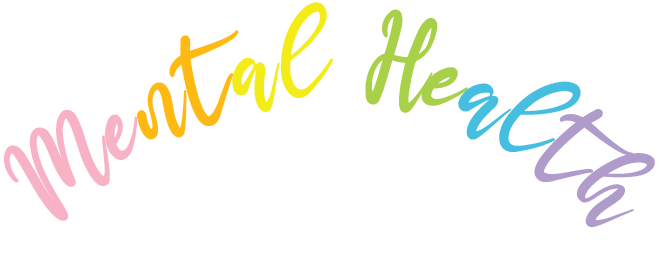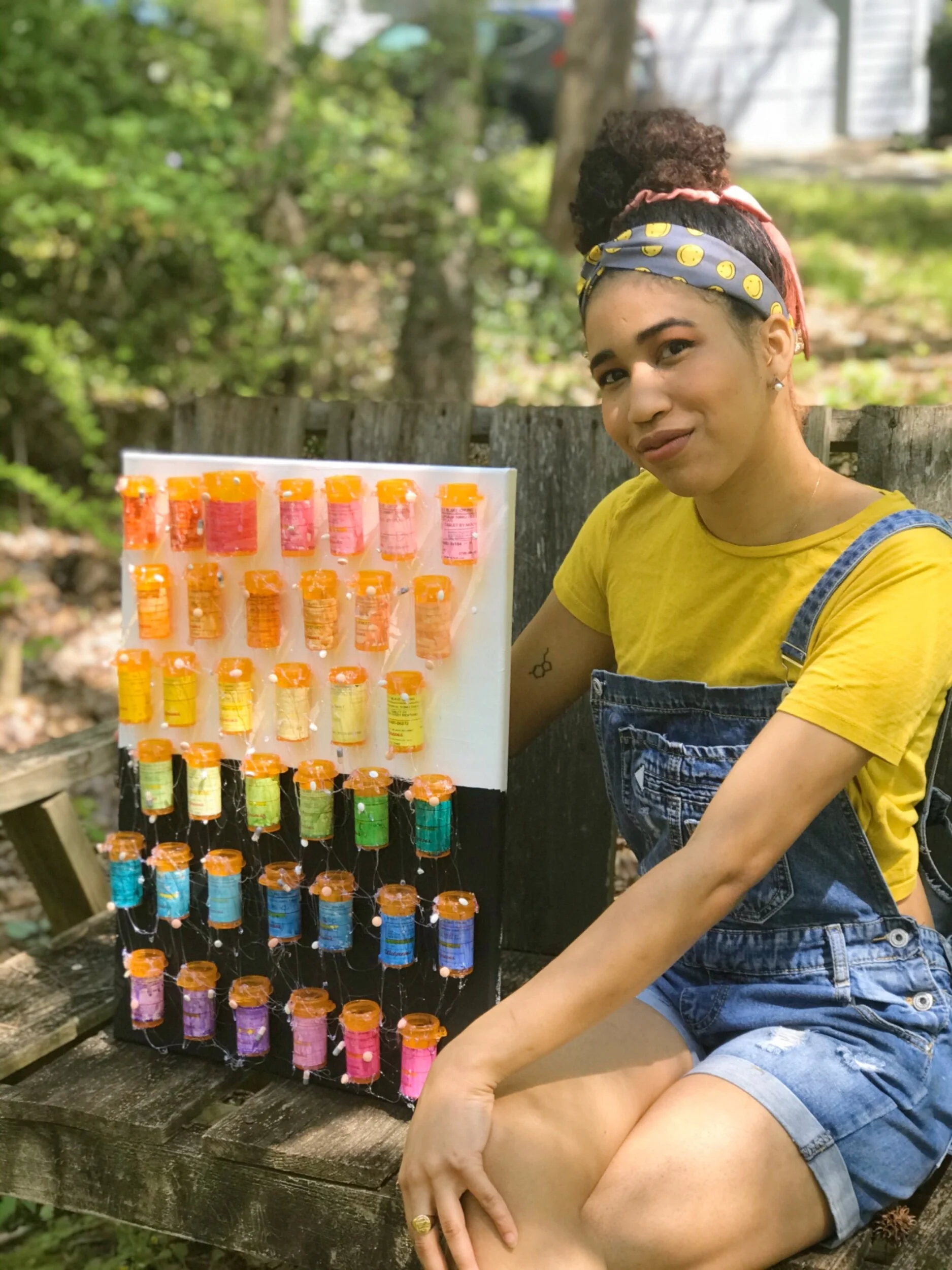Pros and Cons to Mental Illness Medication
By: Kiana Blake-Chung
One of the first things you’re told when you’re diagnosed with Bipolar Disorder is that you will have to be on medication for the rest of your life. When I heard that I was distraught. It’s a hard pill to swallow, pun intended, and I even bawled my eyes out the first time I was given one to take.
The nurse on duty at the psychiatric hospital I was staying in was very kind and understanding. She told me not to be ashamed. She asked me if I judged people with cancer for having to get chemotherapy and assured me that there was no difference between the two. I would come to hear similar sentiments echoed in the following months. Teary-eyed, and because I was holding up the line, I swallowed what they gave me, including one gigantic pill and asked if I could have a chocolate Boost for my troubles. I don’t remember them explaining to me what they were giving me to take or why they thought it would help.
Two months and many gained pounds later, I realized that Depakote was not the pill for me. I didn’t notice that I was unable to smile, laugh, or that I kind of felt like a zombie at all times, but I did notice that extra weight, and I asked for new meds. It took five months of trial and error to find the right cocktail of medications that would work.
Side Effects
I experienced periods of extreme drowsiness, being unable to get out of bed. Times when it felt like my body weighed a trillion pounds and I couldn’t even lift my head. I had dizzy spells, where if I stood up the entire room would start spinning. Somehow, these are considered normal side-effects. I was very fortunate that in 2017 I was not working, and only had to be at school twice a week, which made the inconsistent side effects not particularly disruptive to my daily life.
*insert montague of me being well-balanced and properly medicated from May 2017- August 2018.*
Summer 2017, captured by Blake
February 2018 in Jamaica, captured by ??
May 2018, with my best friend Siarra, captured by Jordan Tompkins
June 2018, captured by Ellen Blake
Montague is over, fast-forward to 2019. I’m living in New York working two jobs. I joined an outpatient program March 2019 and started meeting with the Black women psychiatrist I had requested. The only problem was that she was horrible at her job. I told her, the first time I met her, the exact list and dosages of medication I took that I knew worked for me from May 2017- August 2018 (when I ran out of medication and didn’t have health insurance so I abruptly stopped taking meds). For whatever reason, I left that office with a brand new prescription.
I continually shifted meds every two weeks from late March to August because nothing she prescribed me was working. I was back to the drowsiness, and the dizziness and I missed work many times because I couldn’t get out of bed. At one point I took this one pill that resulted in a ten hour long panic attack. My pulse was racing, I couldn’t breathe for nearly the whole day.
When the pharmacist called me the next day, she asked if the medication was okay for me, and I responded kinda rudely: “Wouldn’t it take longer than one day to work?” She then clarified that she was asking if I’d had any side effects and I was about to say no until I decided to tell her about that abnormally long episode. At which point I was told that shortness of breath and/or rapid pulse could have been side effects of the medication, and because it was an extended release pill, the side effects were prolonged in nature as well. (Ain’t that some shit?)
I tried to change psychiatrists because I was fed up with my current lady, but when I complained, I was told that it would be too much hassle to find another doctor, at which point I ghosted her and decided I was done taking pills, even though I should have continued because I was still in a very rough spot mentally.
Despite my personal ups and downs, whenever people ask me about medication, which has happened quite often recently, I let them know it’s a journey worth taking. When I did not have the emotional regulation skills to keep me from a very awful mental state, medication stepped in big time and granted me the emotional stability to be in a position to learn them.
Warning:
My warnings are this: be very mindful of everything you’re experiencing, and make sure you let your doctor know always! (Because there are so many various side-effects you can experience.) One of my online friends recently was tweeting about having crazy dreams and waking up drenched in sweat. It was shortly after this that she added me to her close friends on instagram and said that she was losing her mind and she thought it had to do with her medication. I instantly hit up her direct messages urging her to stop taking the meds and call her doctor. (I am someone who always forgets that when I am experiencing a mental health crisis I can call the doctor and don’t have to wait until my next appointment, so I try to pass that on.) She wanted to keep taking it because she was on a two week trial.
After consulting a family friend of hers she decided to go to the hospital because she was falling over in dance classes, and her symptoms worsened. Come to find out at the doctor, that her brain was having mini-seizures as a side effect to the medication. I’m happy to report since then she has found a medication that works for her, and is in a better mental state.
captured by Kalia Blake
Simply put, there is a lot to take into consideration when your doctor suggests medication. It’s not to be taken lightly, but there’s also no reason to dread it. There’s always going to be some gambling involved, but that’s why I’m here: to share a little experience and some pointers that hopefully help with your journey, and make it a little smoother.
Much to my disappointment, last year whenever I would mention to someone what I was going through with my medicinal musical chairs, I would get comments such as: “Well maybe you don’t really need it at all!” I’d always just shrug and look away like “Yeah, maybe...”
In 2017, I didn’t have health insurance when I was living in Georgia. Those pills cost me around $250 a month. If I didn’t need them, I wouldn’t have paid out of my own pocket for them. I didn’t have a steady job but would babysit, and even racked up credit card debt just to attain these pills. I find that those comments, while coming from well-meaning individuals, were usually a result of ignorance. So here is where I will say: Medication is real and it can help save lives. There’s nothing wrong with being on antidepressants, anti-psychotics, mood stabilizers, or anti-anxiety pills. (I’m not sure if there are more types than those four, but those are the four I’ve cycled through in the past three years.)
An art project I envisioned in 2017 and only just now executed in April 2020; Kalia helped me put it together.
This is the number of pill containers that I went through during my first year of being medicated. This is what it took for me to be neurotypical. I used to cry out in prayer asking God when He would heal me because I was tired of swallowing so many dang pills every day. He hit me with a “sometimes healing is instantaneous, and sometimes it comes in other forms.” I used to take 980mg worth of meds and then transitioned to only needing 325mg worth. I count that as a miracle. It took five months of trial and error before I started to feel better; I count that as a miracle. It could have taken ten months; or it could have never happened at all. And currently I am entirely unmedicated and have been feeling great for the past four months, which is also a miracle. I may have to rely on science from time to time, but God has had His hand in my healing all along.
Me and my project, captured by Kalia Blake. ft. my serotonin hand-poke tattoo on my arm by Francesca Samame.
Special thanks to Kalia Blake and Blake Chung for editing, and my anonymous friend for letting me share part of their story.
To support this blog and make a one time donation toward the cost of our domain and paying guest bloggers, you can partner with us buying visiting our buy me a coffee page.
You can also make a recurring monthly donation by signing up for our Here for the Blog $10 a month Patreon tier and get access to additional content.







